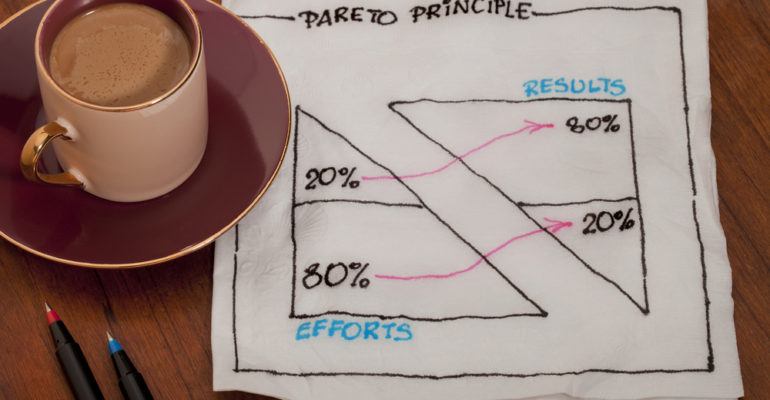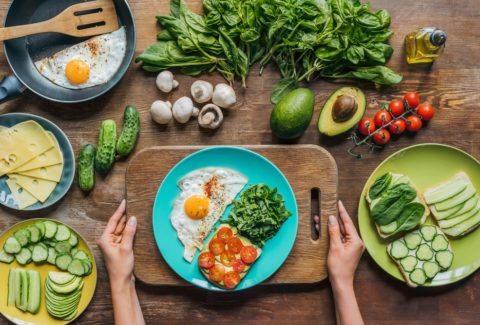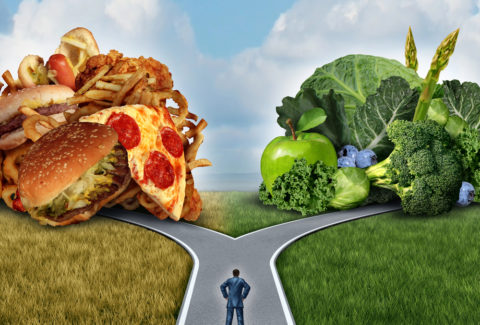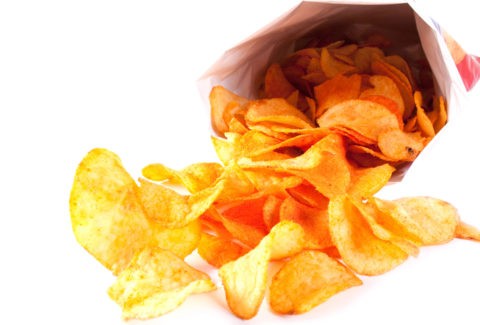Embracing Wholesome Living: A Journey with the 80/20 Rule
In the cacophony of health advice and dietary trends, one principle stands out as a beacon of balance and freedom: the 80/20 rule. It’s not about stringent rules or perfection but about finding a sustainable path to a healthier, more vibrant life.
The Power of Plant-Based[1] Living:
A diet rich in plant-based foods has been heralded for its myriad health benefits. It not only nourishes our bodies but also contributes to a more sustainable and compassionate world. The 80/20 rule[2] allows room for individual preferences and occasional indulgences without compromising overall well-being.
Liberating from the Sugar Shackles:
Reducing sugar intake[3] is a transformative gift to our bodies and minds. The 80/20 approach encourages mindful choices, enabling us to savor occasional treats without succumbing to guilt. Life is meant to be enjoyed, and so is dessert – in moderation.
Intermittent Fasting Unveiled:
The profound effects of intermittent fasting[4] are undeniable. However, the 80/20 philosophy acknowledges that life is dynamic, and rigid adherence may not always be feasible. Embracing occasional deviations fosters a healthier relationship with food, devoid of anxiety or fear.
Liberation from Ultra-Processed Chains:
Eliminating ultra-processed foods[5] is a fundamental step towards a cleaner, healthier lifestyle. The 80/20 mindset invites us to savor the nourishing simplicity of whole foods while allowing for occasional indulgences that feed not just the body but the soul.
The Wisdom of Occasional Snacking:
While the benefits of reduced meal frequency are evident, the 80/20 principle recognizes the human need for flexibility. Snacking[6], when done consciously and infrequently, can be a source of joy without derailing our health goals.
Decoding Labels for Literacy:
Understanding food labels[7] is akin to mastering basic literacy for our well-being. The 80/20 lifestyle empowers us to make informed choices while acknowledging that occasional deviations don’t define our journey.
Salt Awareness and Moderation:
Paying attention to salt intake is crucial for heart health. The 80/20 philosophy encourages mindfulness, allowing us to relish flavorful meals while being cognizant of our salt consumption.[8]
Tailoring Diets for Heart and Brain Health:
Recognizing that different bodies have unique needs, the 80/20 rule accommodates diverse dietary approaches. It emphasizes the importance of choosing a diet that supports both heart[9] and brain health while offering flexibility for individual preferences.
Breaking the Breakfast Myth:
Challenging the myth that breakfast[10] is the ultimate meal, the 80/20 lifestyle recognizes that our bodies thrive on diverse eating patterns. Whether you enjoy a hearty breakfast or prefer a delayed start, what matters is the overall balance.
Dispelling the Snacking Myth:
Contrary to the snacking myth, the 80/20 approach views occasional indulgences as part of a holistic lifestyle. It encourages mindful snacking, embracing the joy of food without succumbing to unnecessary constraints.[11]
In essence, the 80/20 rule invites us to cultivate a relationship with food that is both nourishing and liberating. It’s not about perfection but about progress and resilience. Embrace the wisdom of balance, savor the journey, and let the 80/20 rule be your guide to a life filled with health, joy, and vitality.
Explore these opportunities now:
- Join our self-study certificate course on Physical Wellness to empower your clients in incorporating the 8 pillars of health.
- Enroll in our self-study certificate course on Behavioral Modification to become adept at guiding clients in making desired life changes.
- Dive into our New Psychotherapy Self-Study Certificate Course to assist clients in overcoming obstacles hindering the implementation of their desired lifestyle changes.
[1] Fehér, András, et al. “A Comprehensive Review of the Benefits of and the Barriers to the Switch to a Plant-Based Diet.” Sustainability 12.10 (2020).
[2] Robertson, Thomas M., and Richard P. Lofgren. “Where population health misses the mark: breaking the 80/20 rule.” Academic Medicine 90.3 (2015): 277-278.
[3] Vreman, Rick A., et al. “Health and economic benefits of reducing sugar intake in the USA, including effects via non-alcoholic fatty liver disease: a microsimulation model.” BMJ open 7.8 (2017): e013543.
[4] Morales-Suarez-Varela, María, et al. “Intermittent fasting and the possible benefits in obesity, diabetes, and multiple sclerosis: a systematic review of randomized clinical trials.” Nutrients 13.9 (2021): 3179.
[5] Pagliai, G., et al. “Consumption of ultra-processed foods and health status: a systematic review and meta-analysis.” British Journal of Nutrition 125.3 (2021): 308-318.
[6] Cowan, Alexandra E., et al. “Examination of different definitions of snacking frequency and associations with weight status among US adults.” PloS one 15.6 (2020): e0234355.
[7] Temple, Norman J. “Front-of-package food labels: A narrative review.” Appetite 144 (2020): 104485.
[8] Zhang, Xue, et al. “Locked on salt? Excessive consumption of high-sodium foods during COVID-19 presents an underappreciated public health risk: a review.” Environmental Chemistry Letters 19.5 (2021): 3583-3595.
[9] Lazar, Ronald M., et al. “A primary care agenda for brain health: a scientific statement from the American Heart Association.” Stroke (2021).
[10] Bonnet, Jonathan P., et al. “Breakfast skipping, body composition, and cardiometabolic risk: a systematic review and meta‐analysis of randomized trials.” Obesity 28.6 (2020): 1098-1109.
[11] Vasiļjeva, Dārta, et al. “Daily Work Stressors and Unhealthy Snacking: The Moderating Role of Trait Mindfulness.” Occupational Health Science (2023): 1-28.









